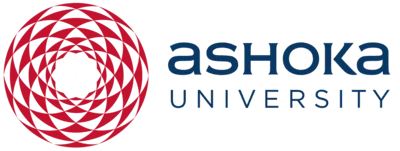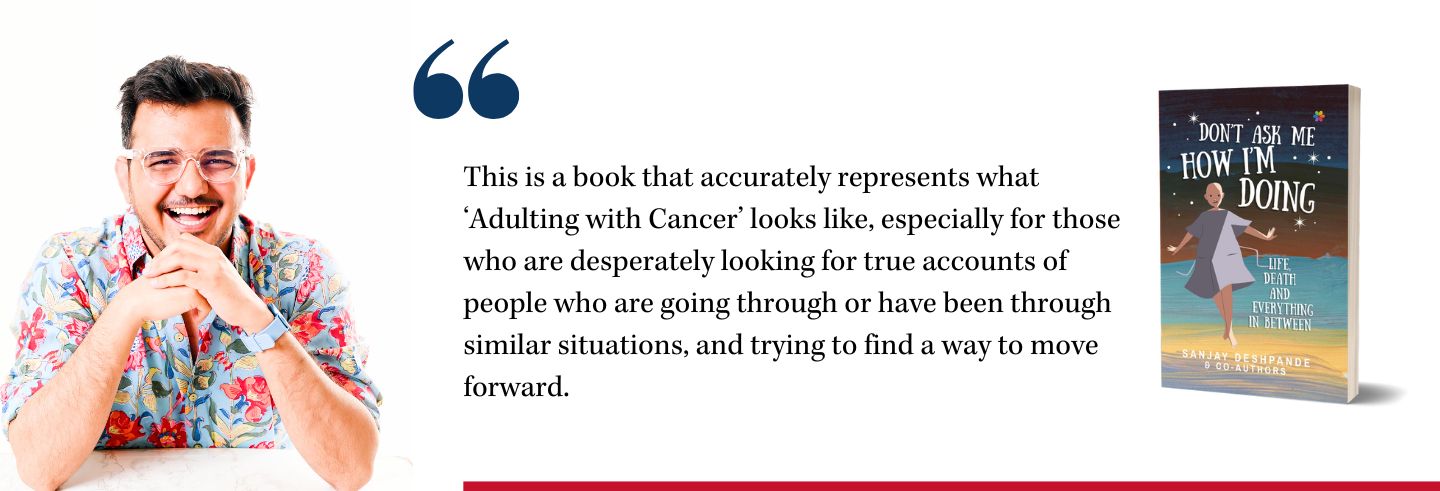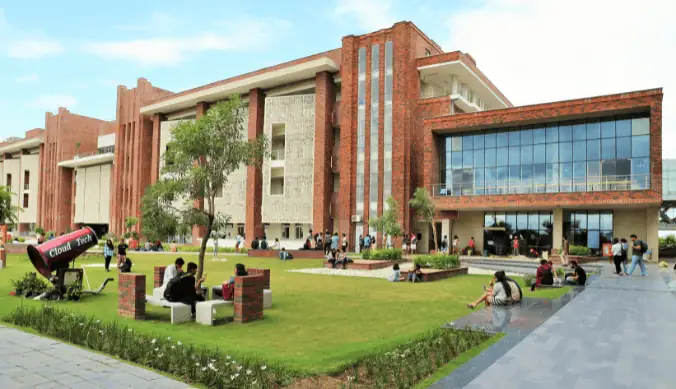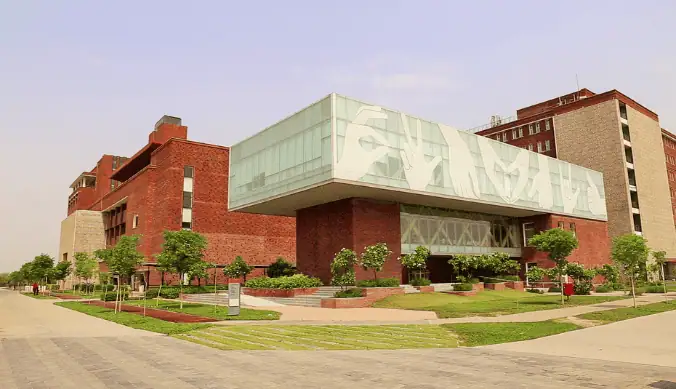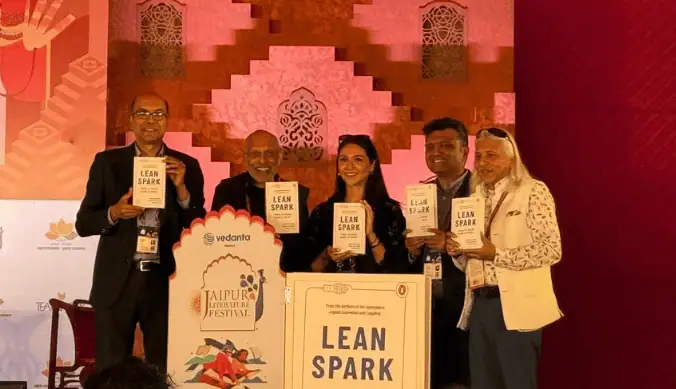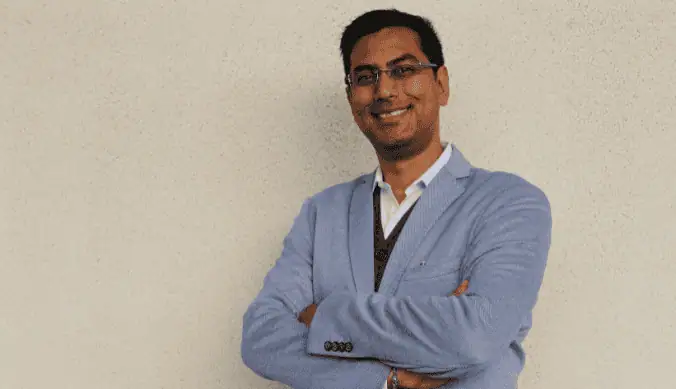#Bookmarked: Chronicles of adulting with cancer
Sanjay Deshpande’s book, Don’t Ask Me How I’m Doing: Life, Death and Everything in Between published by LetsAuthor, an innovative open authoring and crowdfunding-led publishing platform, is an anthology chronicling the journeys of several Indian young adult cancer patients, survivors and caregivers
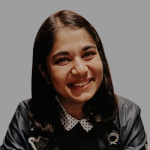
Saman Waheed
17 January, 2023 | 4m readSanjay Deshpande is an alumnus of the Young India Fellowship, Ashoka University from the batch of 2015. He is a Brain Cancer Survivor and a learning designer who is passionate about mental health, queer rights and cancer advocacy.
He is the lead author of “Don’t Ask Me How I’m Doing”. The book is the result of a collaboration between Sanjay and his team of 11 other co-authors including Poornima Sardana (YIF ‘13), Piuli Roy Chowdhury (YIF ‘14), Thanisha Sehgal (YIF ‘15), Anuraag Khaund (YIF ‘19), and other non-Ashoka folks.
This book on ‘Adulting with Cancer’ is a collection of stories of people in the age group of 17-39 who recount what it is like to be diagnosed with cancer at a young age or become caregivers to those diagnosed and how they navigate their lives through such difficult times. Filled with raw, honest and vulnerable narratives of coping with something whose cause and outcome are mostly unclear, this book is an attempt to raise awareness about the unique challenges faced by Indian young adult cancer patients, survivors and caregivers.
What prompted you to come forward with a book sharing so many personal stories?
I got diagnosed with incurable brain cancer at the age of 29, on the day I landed on Harvard University’s campus for my Master’s program in September 2021. I had to move back to India immediately to get a life-threatening 7-hour-long brain surgery to remove the tumour they had found in my head. I had assumed that the journey from diagnosis to treatment would be the toughest. However, as there was a clear roadmap on what needed to be done, I was not really focused on the physical, mental and emotional challenges that would lie ahead. Right after the treatment, I spent three months at home recuperating and rehabilitating, literally learning how to use the left side of my body again.
While thankfully I recovered pretty quickly, I was hit by a thousand bricks when I finally had the time to think about how to get back to living again. I was no longer the same person I was before being diagnosed with cancer, nor could I go back to a seemingly “normal” life. I had to find a new normal. I struggled with so many challenges that were unique to my situation. Questions like should I go back to studying or finding work again, should I reveal my status to my future employers/partners, how to deal with depression, etc. loomed large over my head. I tried finding support groups, but unfortunately, most of them either had parents of pediatric cancer patients or partners, children or caretakers of geriatric cancer patients. There were hardly any young adults like me in these support groups. I found a couple of resources in the West, but they were not culturally aligned with South Asian/Indian situations. That is when I decided that there is such a huge gap in the cancer ecosystem that needs to be filled. So, if such a space did not exist, I would create one.
I did not want to go the self-help way because there are already a gazillion books that exist that talk about how you can “manifest” good health or cure your cancer through “toxic positivity”. I did not want to write a book on the ”battle/fight against cancer” either, because it puts the responsibility of surviving/recovering on the patient when it may not be in their control at all. Therefore, I decided to conceptualize, write and publish a book that accurately represents what ‘Adulting with Cancer’ looks like, especially for those who are desperately looking for true accounts of people who are going through or have been through similar situations, and trying to find a way to move forward.
The decision to use personal stories was to illustrate relatable situations people in the 17-39 age group with cancer might encounter. Lots of attention was paid to avoid sounding preachy and several disclaimers were provided to make sure people knew this is how a particular person dealt with a situation and it was not the only way to do it. I decided to have several co-authors because my treatment and situation did not cover all aspects of the cancer experience. I wanted to make sure we created a resource which would be relatable to as many young adults as possible. Hence, I decided that the book would be an anthology of raw, vulnerable and honest accounts of what living with cancer as young adults actually looks like.
What was the process of writing and compiling the book like? How did all the co-authors come together for this book?
I spent countless hours looking for co-authors who wanted to tell stories that matched the vision of the book. My editor and I put up social media posts looking for potential co-authors, even if they were first-time writers, as was the case with all the 12 co-authors of the book, including me. We followed a rigorous selection process from reviewing already written articles/blogs to discussing pitches and then assessing the drafts of their first chapter to see if it aligned with the larger vision and if it provided any value to a potential reader. I also had to review and help the co-authors decide what they could write about as well as give constructive feedback on all their chapters. This was a laborious process.
While I was doing all of this, I worked part-time as a Learning and Development Head at a Diversity and Inclusion firm. Along with it, I wrote the introduction, three chapters, all nine theme introductions as well as acknowledgements for the book which in total came up to 14,000 words. In retrospect, I have no idea how I managed to get all of this done just six months after a major brain surgery, apart from the sheer will to contribute to this community I was now a part of and the desire to leave a legacy behind.
Were there any inhibitions/challenges that you faced while you were writing the book?
I struggled a lot with imposter syndrome while I started working on this book. I had no idea if I had what it takes to write well, let alone a book. Then I struggled with finding the right kind of co-authors who aligned with my vision and could add value to the book. I also faced several bouts of depression which made it very difficult for me to work for long periods of time. Being vulnerable, especially in such a public way, for perpetuity also scared me a lot in the beginning. However, I reminded myself of how much I needed to read stories that my co-authors and I were writing and that helped me push through all of these inhibitions.
How did the name of the book, “Don’t Ask Me How I’m Doing” come about?
People have asked me the reason behind what the title of the book means. We in the young adult cancer community are often asked ‘How are you doing?’ not because someone really wants to know but as a form of politically correct small talk or a conversation starter similar to ‘Hey! What’s up?’ Many do not really want to know what is truly going on. If we dared to actually respond honestly, say admitting that we are going through a rough patch or are having a bad day, we are met with shock, awkward silence, or are offered unwarranted advice. Most people instead expect us to respond with some version of ‘I’m good. How are you?’ Very few genuinely care to listen to what we have to say and make time for it. Tired of this fake pleasantry, I decided to name this book ‘Don’t Ask Me How I’m Doing’. The subtitle, ‘Life, Death, and Everything in Between,’ encapsulates the breadth of our experiences. This does not mean the next time you meet someone who has or had cancer, you cannot ask them the question. However, do it only if you really mean it—when you honestly want to know how they are doing and have the time to listen, without interrupting or jumping to offer advice. Else, use other neutral conversation starters like ‘Hey! What’s up?’
What is one message you would like to give people living with cancer, who are struggling to find hope?
Life is a journey towards death. As they say, the goal is not to reach the destination but to enjoy the process. Everyone has an expiry date. We are just more aware of how close ours is than others. Hence, live your life with an urgency that you are on borrowed time, not unsure of what tomorrow brings or how long you will live.
I strongly believe that like they say youth is wasted on the young, and health is wasted on those who aren’t aware of their mortality. So go seize the day and do all that you want to do NOW. Do not procrastinate for some unforeseeable ‘future’.
(Saman Waheed is currently an Assistant Manager at the Office of PR & Communications, Ashoka University. She is a former Young India Fellow from the batch of 2022.)

